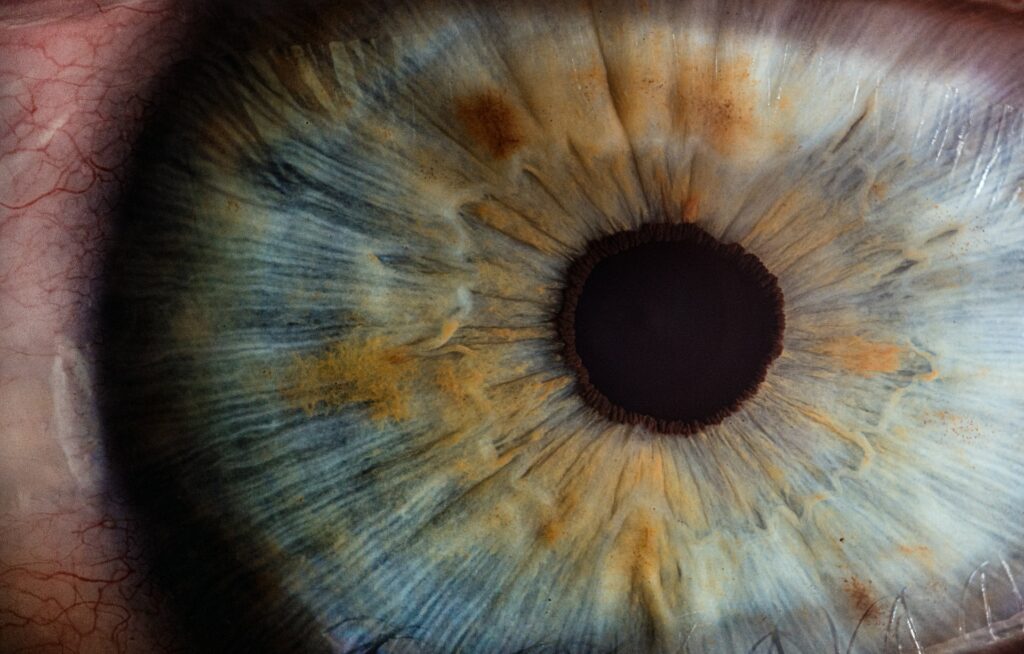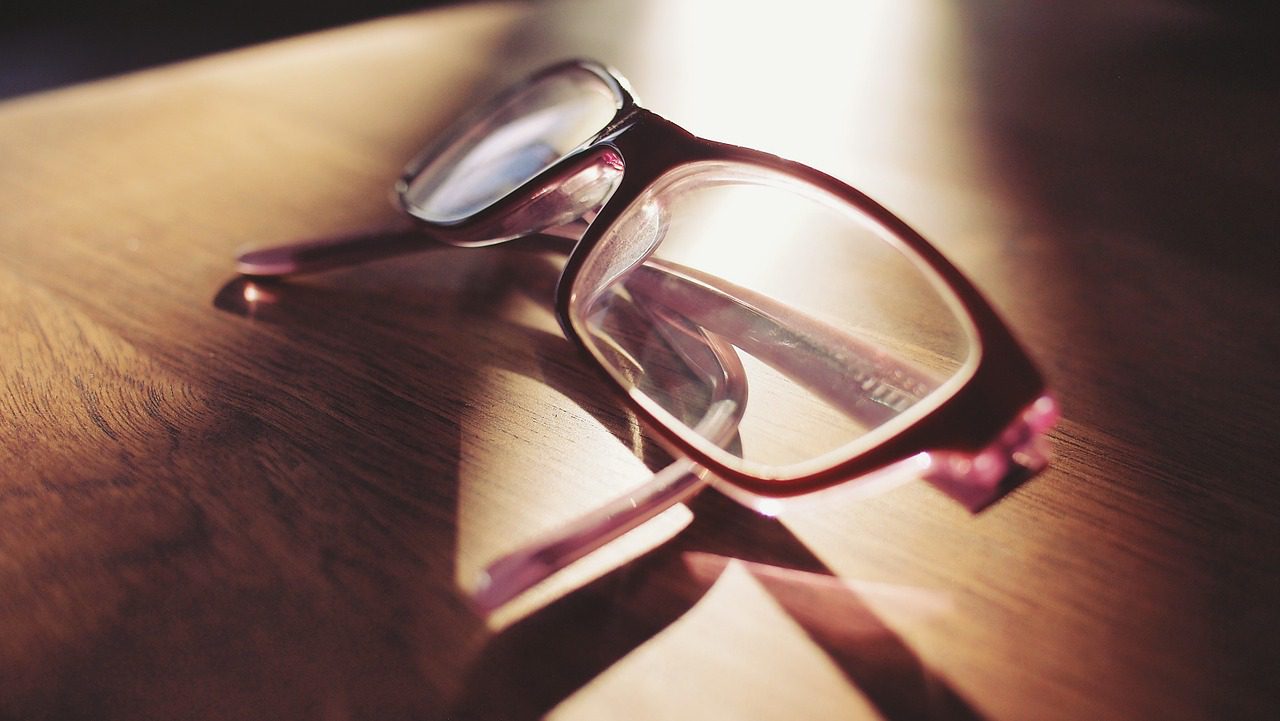Good vision can help perform anyone well, be it at home, work, or even behind the wheels. This is one of the reasons why it is essential to take a few straightforward steps to ensure you keep your vision at its best. Moreover, there might be some factors you need to understand before going for a routine checkup. However, it would be best if you read plenty of research-based papers and understand exactly what our eyes require.
So, let’s jump onto the eye exam that is pivotal to determining your eyes’ health. Along with this, precautions are something you need to think about. Here is a rundown of what you need to know.

Eat a Balanced Diet
As part of a healthy diet, always choose foods rich in Vitamin A and C. You can go with foods like green, leafy vegetables and fish. Furthermore, several types of foods – especially fatty fish, like salmon, tend to comprise omega-3 fatty acids essential to macula’s health, which is the part of your eye responsible for central vision.
It is also essential to know that insufficient intake of antioxidants, regular consumption of saturated fats and alcohol can create free-radical reactions harming your macula (retina’s central part). Speaking of which, high-fat diets may also lead to deposits that constrict blood flow. If you did not know, even your eyes are sensitive to this, provided the small shape and size of the vessels that tend to feed them.
Always remember that your eyes are unique and priceless and have their set of nutritional requirements. Eye vitamins are usually designed to offer a balanced blend of nutrients associated with the health of your eyes. So, always take good care of your eyes.
Exercise

If you are not accustomed to exercising, it would be best to lay your eyes on the fitness-specific regime and get on with it. And, if you have been wondering about how to take good care of your eyes, fitness can be an ideal part of your wellbeing. How would that work? Well, exercise can significantly improve blood circulation to improve oxygen levels to your eyes and then remove toxins simultaneously.
Get a good night’s sleep.
You ought to feel the difference when you get a sound sleep at night. A good night’s sleep is what your eyes require. Trust us; you will look great. And, this would lead to better focus, both at work and home. Moreover, you must know that a good amount of rest can also support your eyes’ health and well-being.
Wash your hands
Why do doctors and dermatologists say that one must keep their hands clean? That is because you tend to put your hands on sensitive organs of the body with your hands. And, who knows what you are exposed to at the end of the day? So, before you touch your eyes, and even before you remove or touch your contact lens, wash your hands thoroughly with a good soap. After you’re done with that, dry them with any lint-free towel. Some bacteria and germs that come from the hands can lead to various types and forms of eye infections, such as bacterial conjunctivitis.
More importantly, when you touch your eyes, whatever’s there on the finger’s surface will get in contact with your eye. This is what germs can do to your eyes while you rub them off.
Don’t Smoke
Smoking tends to expose the eyes to high levels of oxidative tension. Moreover, while the connection hasn’t been identified, one must know that smoking can increase the risk for various health conditions, leaving a significant impact on the eye.
Wear Sunglasses

In order to safeguard your eyes against harmful UV rays, consider buying sunglasses with UVA and UVB protection. Moreover, wearing the hat with a brim can effectively alleviate the UV radiation slipping across the sunglasses.
Devices and Blue Light
You might know by now that the blue light by smart devices like televisions and smartphones can adversely affect the wellbeing of your eyes. It is referred to as blue light since most of the wavelengths come closer to the blue light of the spectrum. One should also know that Lutein and Zeaxanthin are some eye nutrients concentrated in the macula. Moreover, they help filter the blue light.
And, our bodies do not produce Lutein and Zeaxanthin on their own. As a result, they must be acquired through diet or supplements.
Mentioned are some tips to assist you when you’re in front of your screen:
- Keep the computer screen around 20″-24″ of your eye.
- Place the computer’s screen top slightly below your eye level.
- Adjust lighting to keep a check on the screen’s glare.
- Blink frequently.
- Take a break after every 20 minutes.
Featured Image Credits: Pixabay







